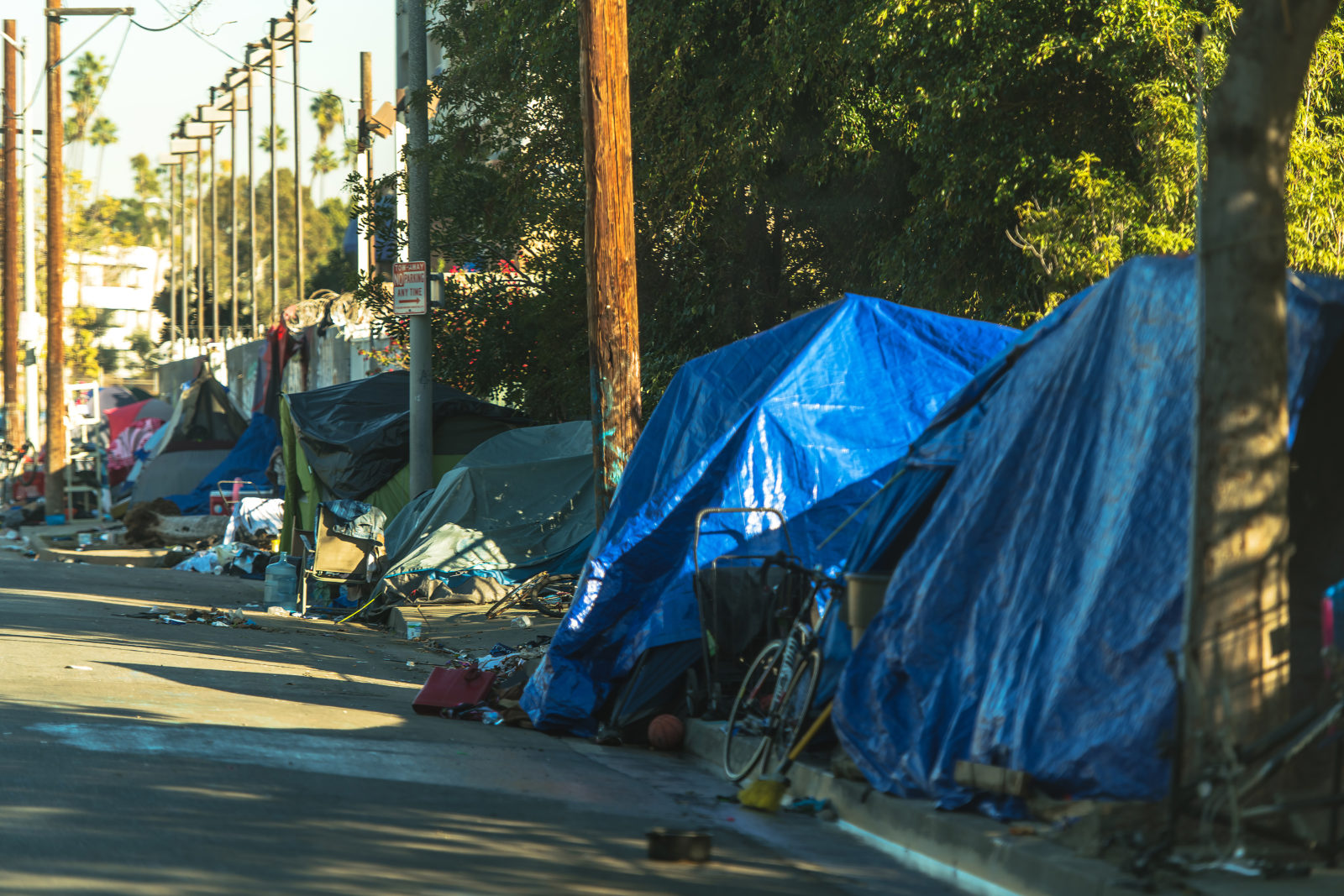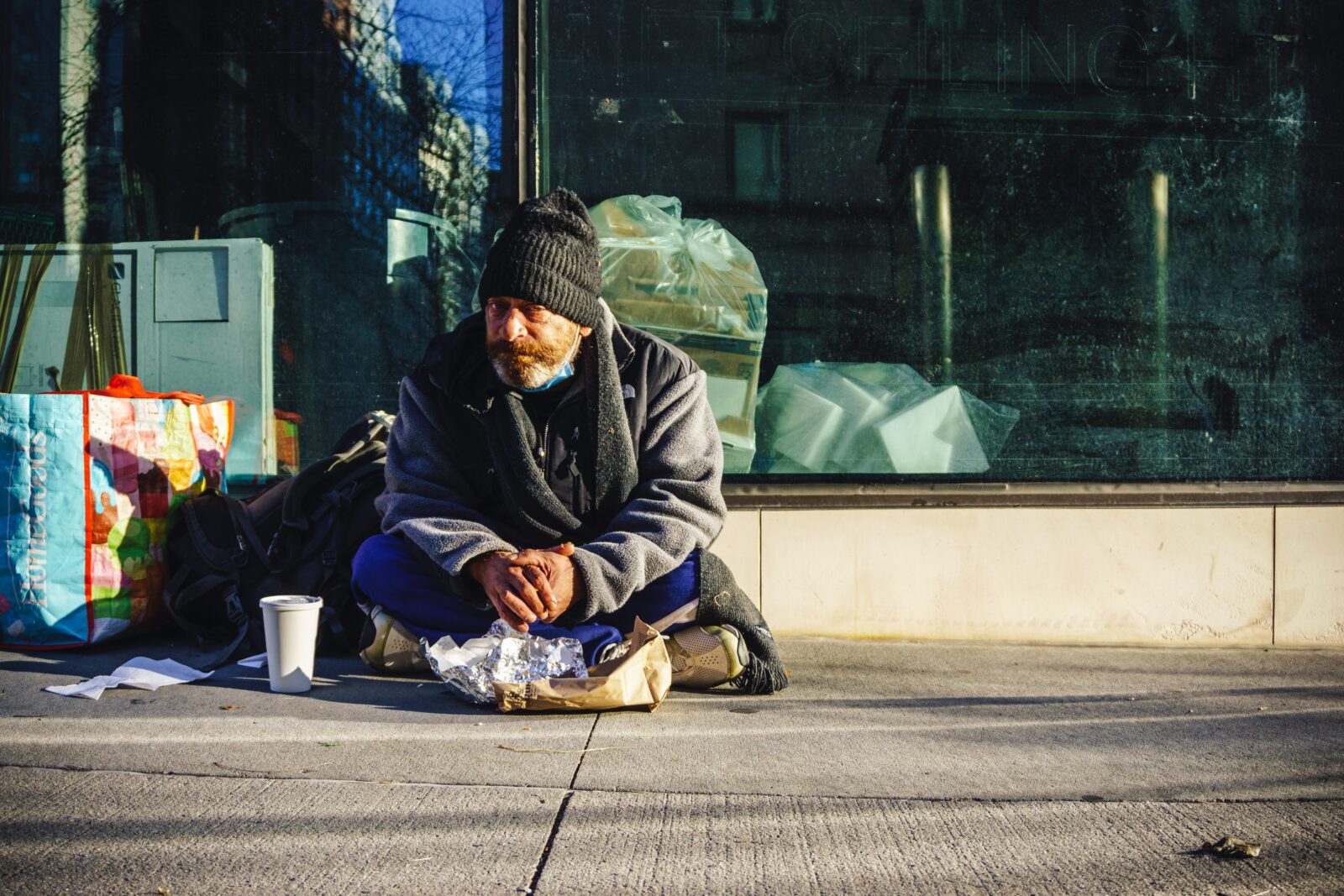

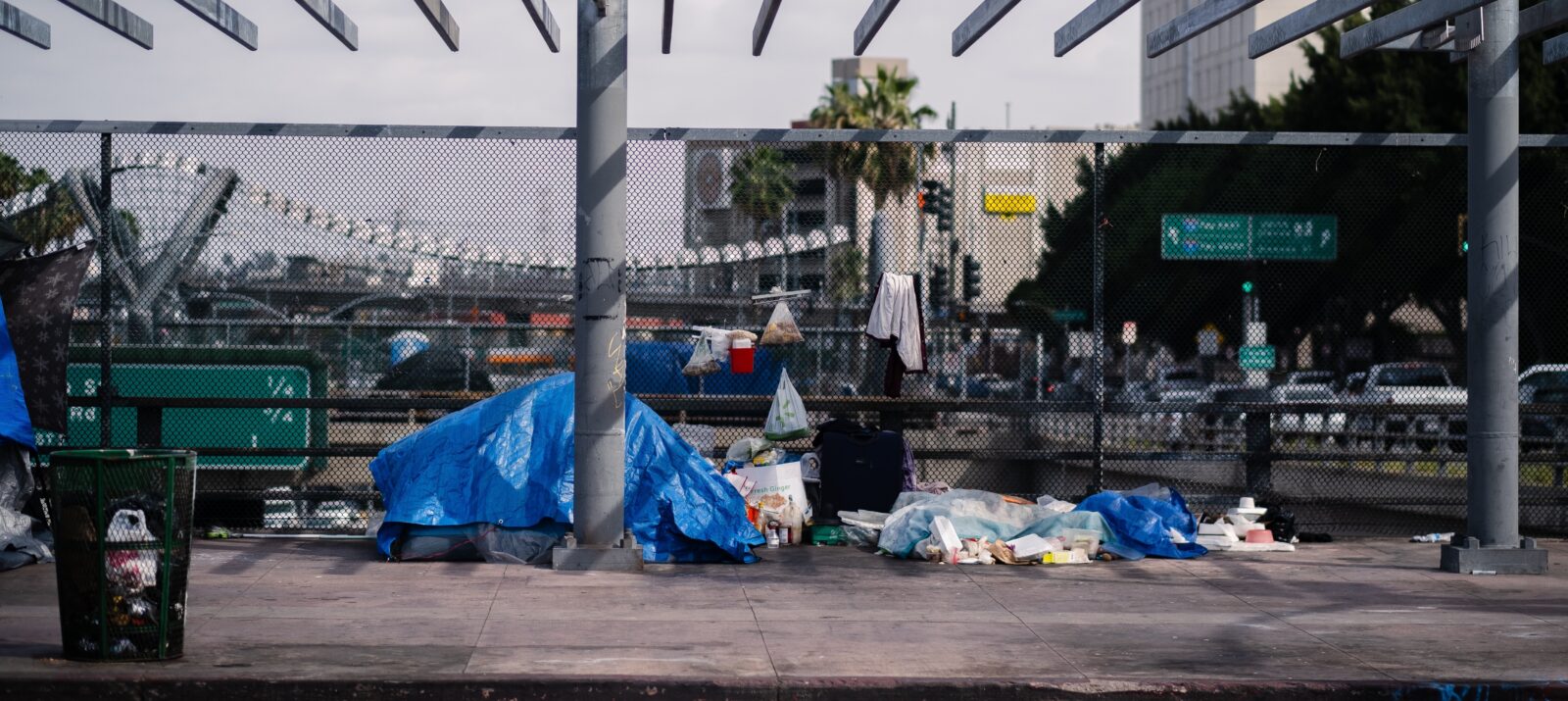
Obama Promised to End Homelessness This Year
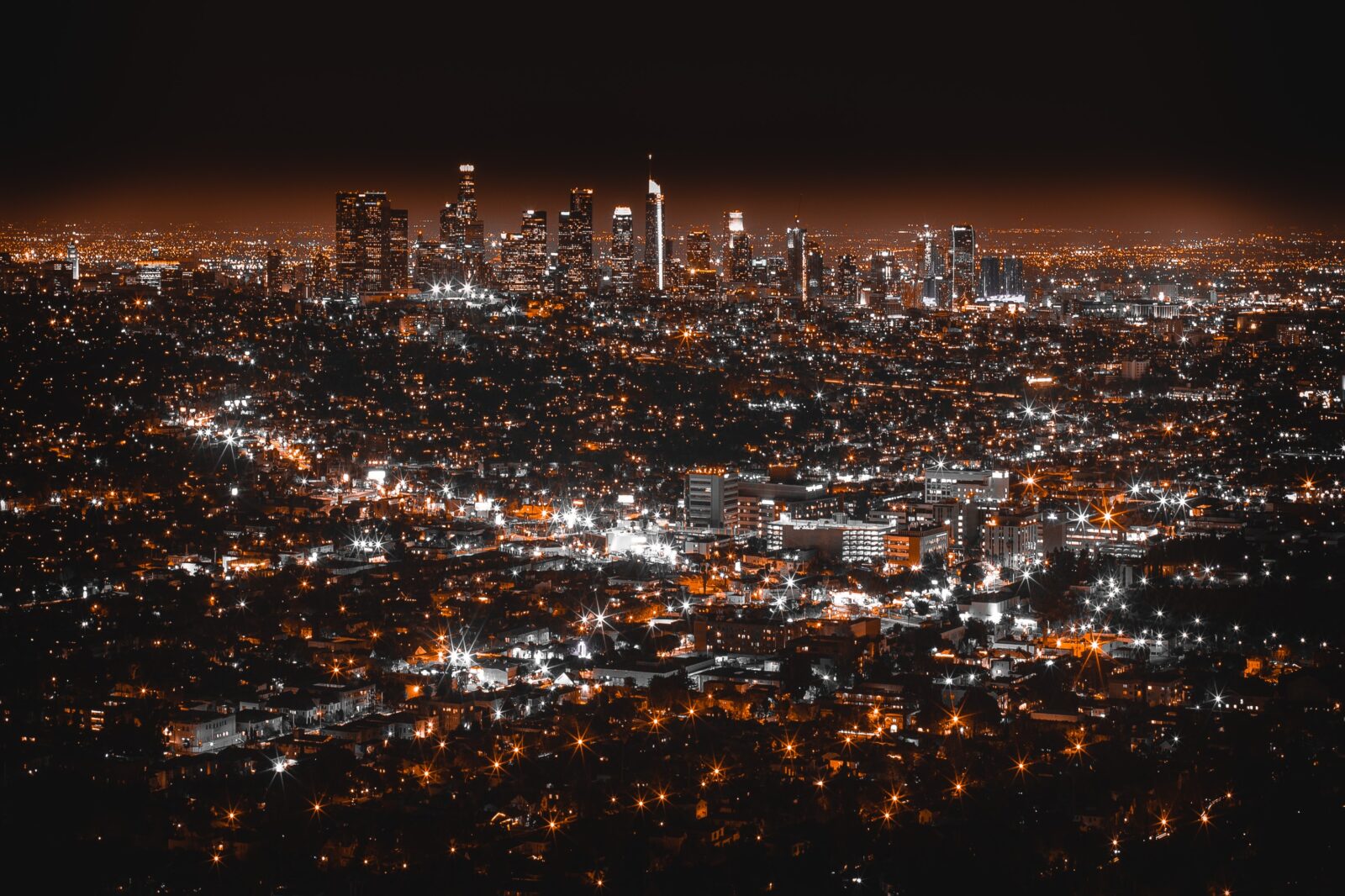
How Much Do You Know About Homelessness?

A Different View of Homelessness
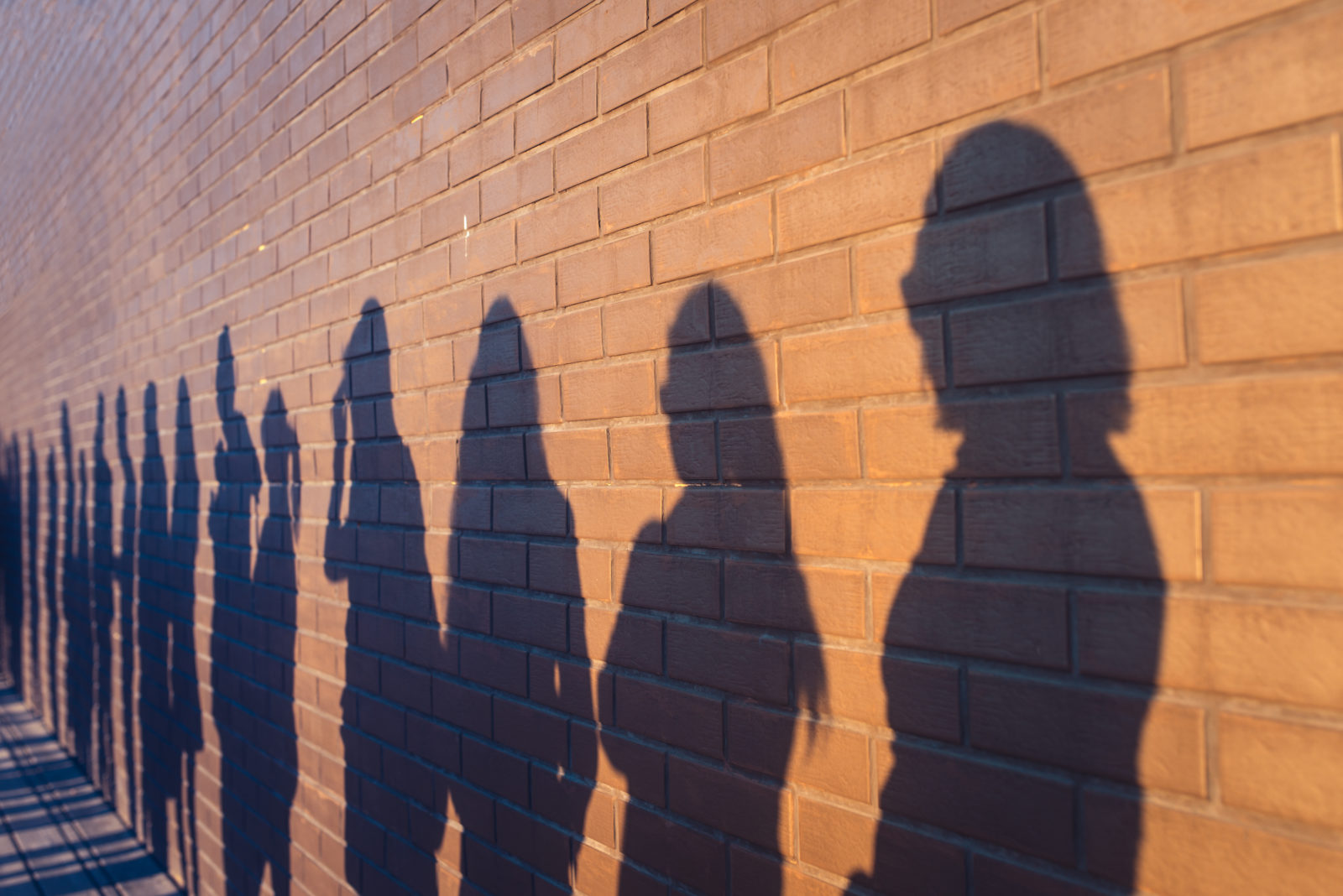
Varieties of Homelessness
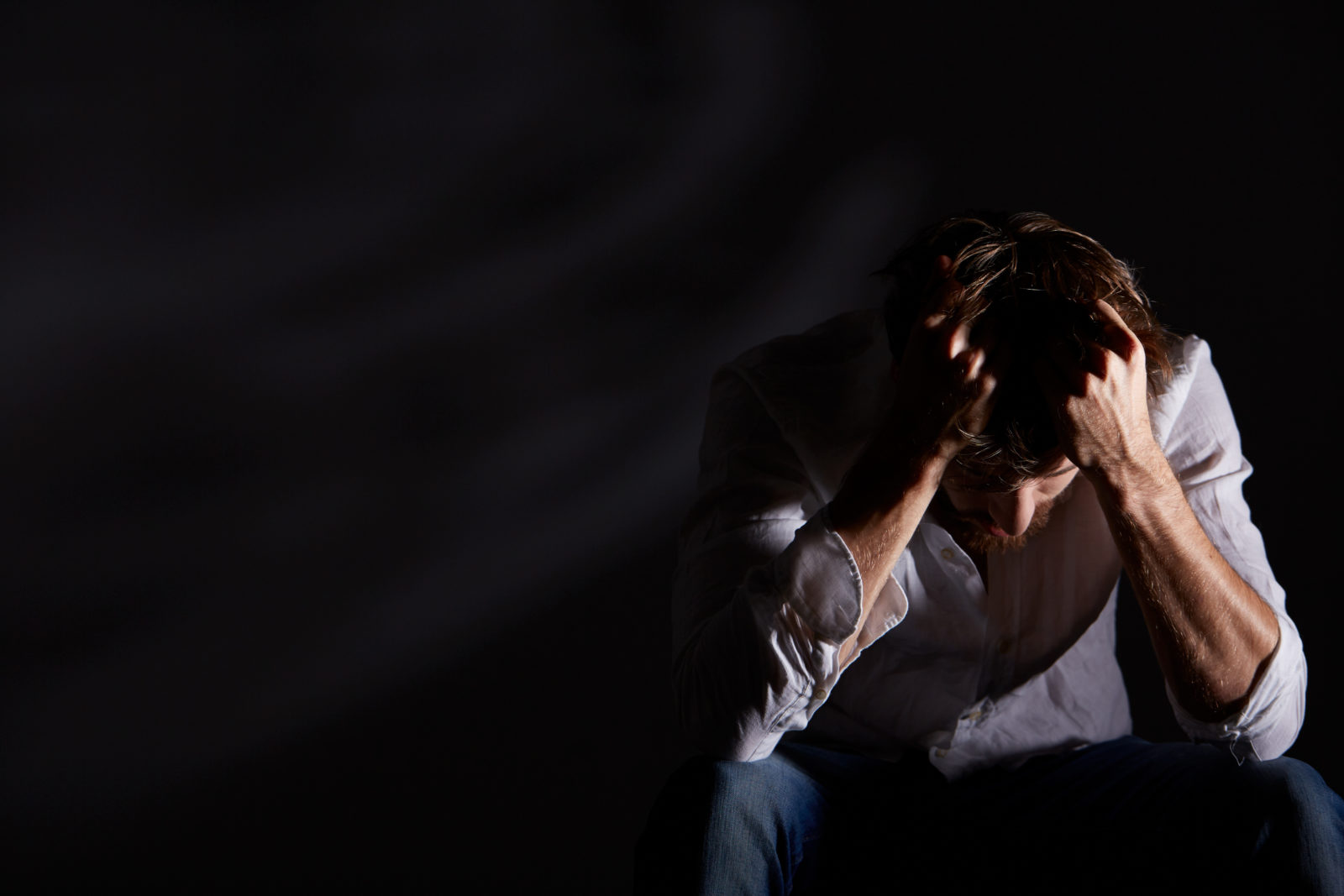
Hearing Voices
Julius Caesar began his Commentaries on the Gallic Wars with a sentence that Latin students once memorized: Translated literally into English, it reads, “Gaul is a whole divided into three parts.” When delving into homelessness causes, it’s useful to keep in mind that homelessness is both a whole and a hole into which people fall for three main reasons: mental illness, alcoholism/addiction, and housing costs. Many journalists emphasize housing costs, partly because many live in expensive coastal cities. Off the coast, with the exception of a few cities like Austin, it’s different. As I learned in Flint and Pontiac, Michigan — columns to come — apartment cost is not a big factor in many cities that have lost population in Read More ›

Stephanie Creighton
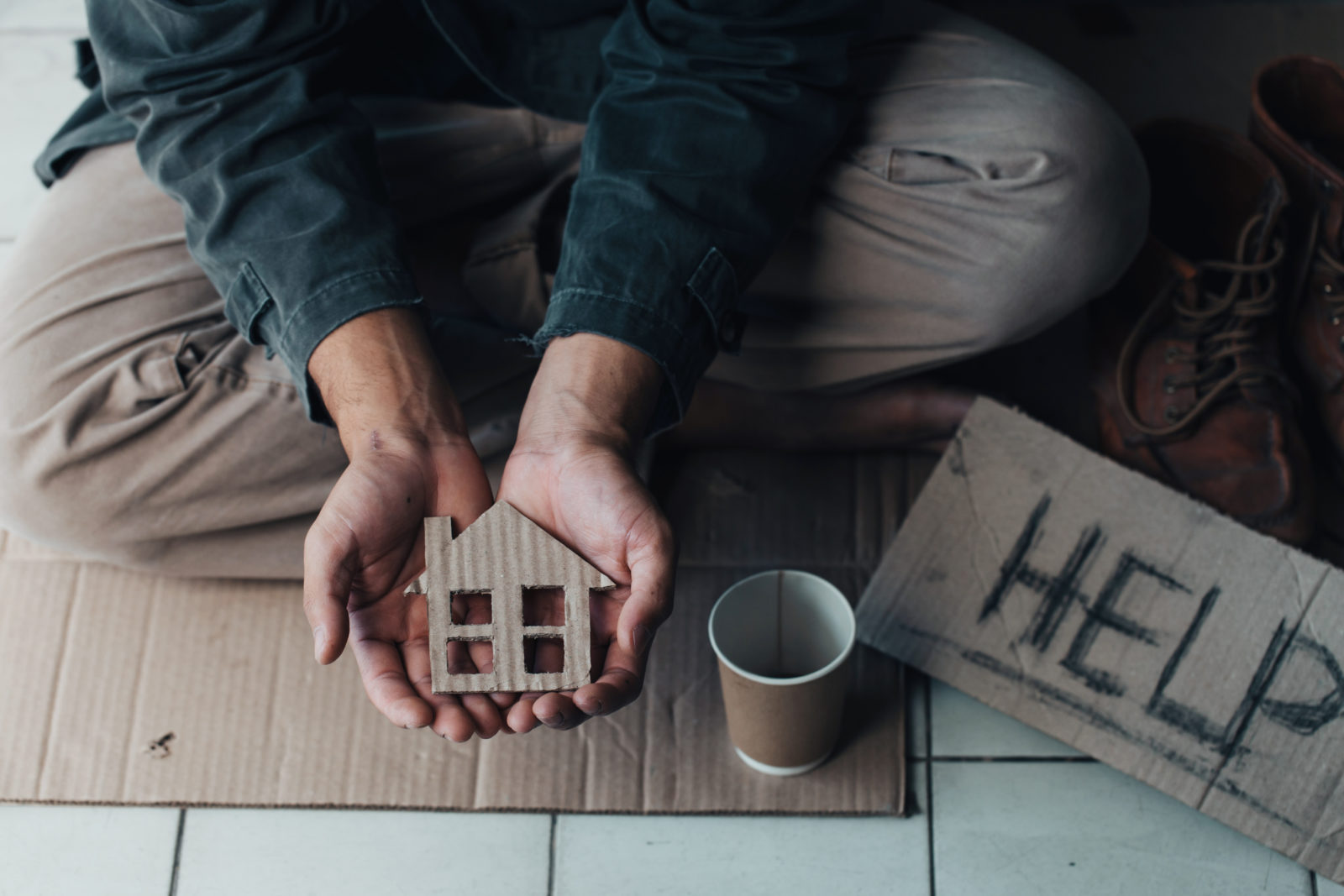
Discovery Institute Releases National Report on Homelessness

Good Intentions, Horrible Results
Last week on Fix Homelessness and in my monthly OlaskyBooks newsletter, I gave highlights and lowlights from Andrew Scull’s Desperate Remedies: Psychiatry’s Turbulent Quest to Cure Mental Illness (Harvard University Press, 2022). He notes that many mentally ill people are now homeless and on the streets instead of in state-funded mental hospitals. (Those institutions, like Michigan’s Lapeer State Home and Training School, housed sufferers. Then the 1960s brought in new drugs and new Washington-paid health plans, Medicare and Medicaid.) I didn’t have room last week to dive into an important question: Which came first, medical panaceas (that turned out not to be so) or money incentives? Scull says money, in many instances: “In at least seventeen states, inpatient censuses had Read More ›
